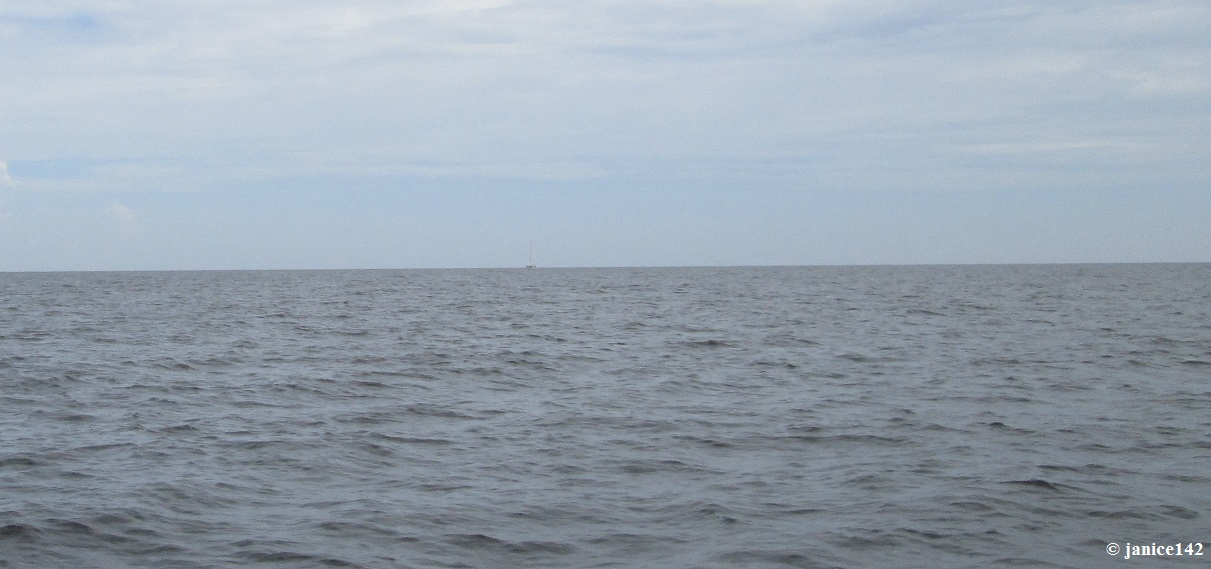C.O.S.T.
Member
Several weeks ago returning from Nanaimo BC to Point Roberts Washington my engine lost revs and died. I was unfortunately drifting back across the ferry route near the terminal for BC ferries. Contacting Victoria Coast Guard radio, they said they were dispatching an auxiliary to come to my aid. There were several commercial fishing boats that either did not have radios or did not monitor them as they powered on by me at a distance of about 400 feet. Even when I hailed them they ignored me. Several power pleasure craft also passed reasonably close to me as well. They to obviously did not have or monitor radios. I real big thanks to the 38 Bayliner that passed within 100 feet of me leaving a wake like a tug boat. As I was beam on to this wake I was very appreciative of their courtesy. I replied with the appropriate international hand signal covering that kind of thing. However, I really big thank you to the folks from The Royal Canadian Search and Rescue unit based out of Point Roberts. They did an amazing job of getting me and my broken boat back to dock. Friendly, professional and downright fantastic is all I can say. Also a huge thank you to the magnificent yacht Lady Gem. She went out of way to come and render assistance as well. The RCSAR got there as we were going to run a tow line. So thank you again Lady Gem, I know you broke course and went out of your way to help. I still think you should have agreed to trade boats with me though.

